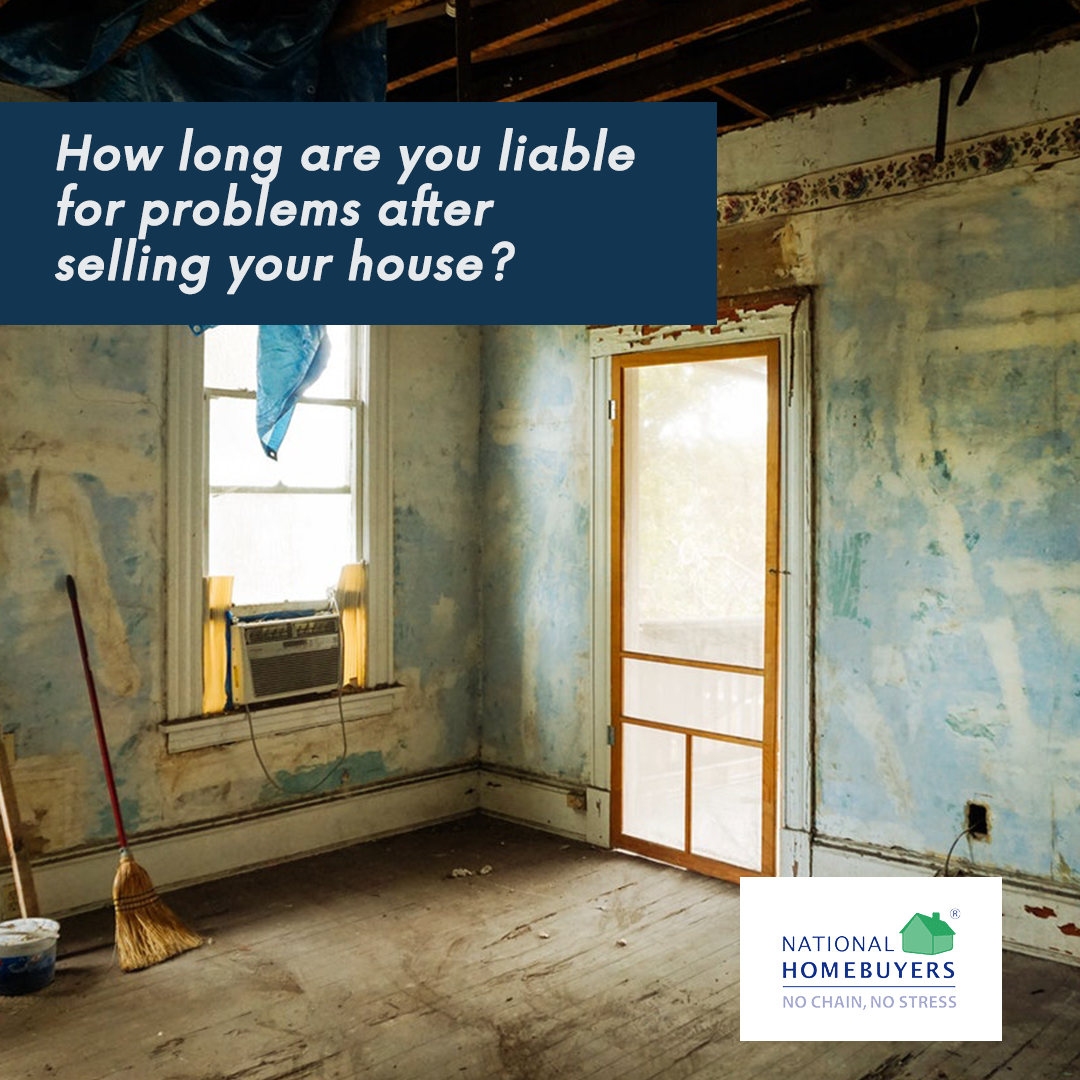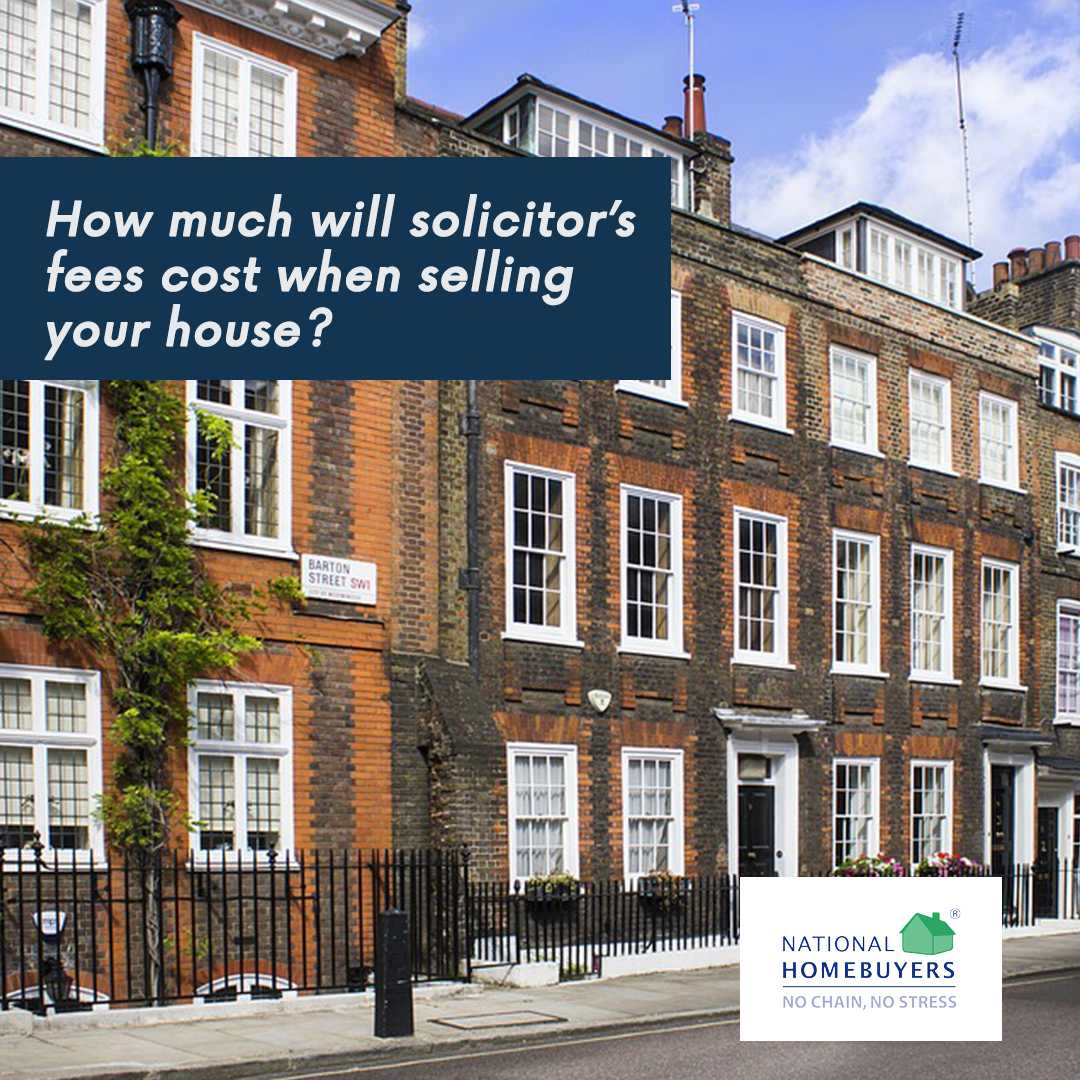Estate agencies under fire for turning a blind eye to crime
Despite a strong belief that the estate agency industry is heavily regulated, the lack of oversight by many unregistered agents has forced the government to hand out fines to tackle the growing problem of money laundering.
While estate agents are hardly regarded as the most trustworthy of professionals by consumers and industry experts alike, large numbers of vendors who are looking to sell their home fast are often more than happy to hire an agency – with little research of their own – in the hopes of securing high sold house prices.
Unlike many financial businesses which require a prolonged vetting process designed to rout out applicants who could be considered morally flexible, anyone can set up an estate agency business with little more than a registration with HMRC and a redress scheme – potentially allowing anyone to become an estate agenct.
While this is not a massive issue in itself, these loose set of rules allow criminals to launder money gained through wrongdoing via real estate investment. An obvious example of this is the mass-purchasing of central London residences by Russian Oligarchs in an attempt to safeguard their finances.
The government introduced regulations and fines many years ago in order to curb the exploitation of agencies who fail to probe suspicious clients, and to prevent housing values being falsely inflated. And as a result of fifty spot-checks carried out by HMRC this year, so far there have been a worrying number of agencies hit with financial penalties for failing to register with, or for not adhering to the HMRC money-laundering regulatory scheme. The most high-profile of which has been Countrywide, who were last month hit with a fine of £215,000.
“Criminals who seek to use this country as a place to launder money should be in no doubt that they have nowhere to hide,” said Ben Wallace, Minister for National Security and Economic Crime.
Estate agents are a crucial line of defence against them and that’s why they’re under a legal – and moral – obligation to file a report when they spot something amiss. It’s wrong to think of money laundering as a victimless crime. Those with dirty cash to clean don’t just sit on it – they reinvest it in serious organised crime, from drug importation to child sexual exploitation, human trafficking and even terrorism.”
So how does this affect the average consumer? For buyers, as long as they have no nefarious plans for illegal investment then they need not worry as the regulations are there to help those who stay on the right side of the law. For sellers on the other hand, a failure to deal with a reputable estate agency who are willing to protect their interests can lead to a number of complications further down the line. For example, sellers who discover that their home has been purchased through money laundering schemes may find themselves out-of-pocket as money seized by the authorities can leave the status of the sold property in limbo as legal issues are resolved – a process that can take years.
Is it any wonder then that companies such as National Homebuyers are finding themselves inundated with vendors looking for fast house sales via a reputable company who can complete on a purchase in as little as two weeks?
Prefer to avoid estate agents? Why not ask National Homebuyers for advice, as we buy any house. Call 08000 443 911 or request a call back to find out how much you could get for your property.






